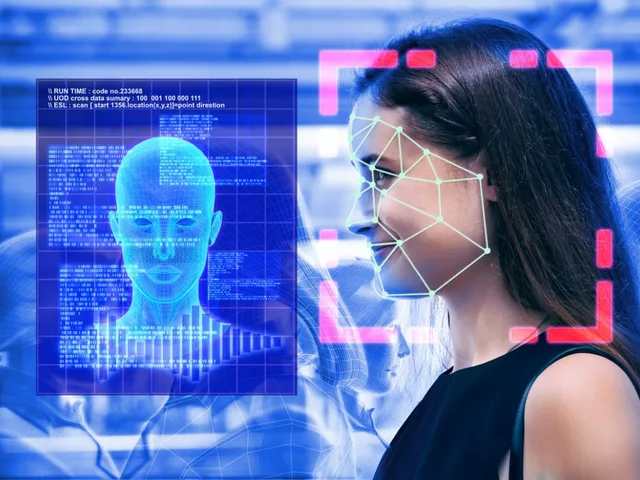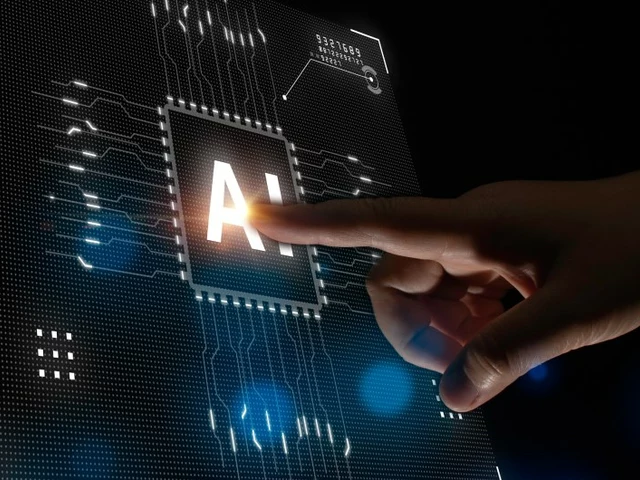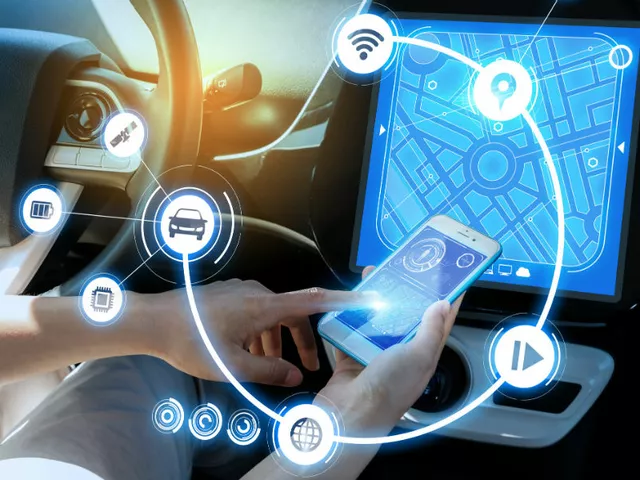Best Educational Technologies in 2023
Leveraging Virtual Reality for Online Thesis Writing and Education
Introducing Virtual Reality (VR) into the education sector, including online thesis writing, has been a game-changer. Recognized as one of the foremost tech innovations 2023, VR captivates students by creating an interactive, 3D learning atmosphere. It excels at visualizing complex ideas, simulating real-life scenarios, and delivering hands-on experiences within the classroom's confines.
In medical education, for example, VR enables students to practice surgeries sans the need for actual patients. In astronomy, learners can embark on virtual explorations of the solar system and beyond. Such active learning promotes engagement and improves retention, setting the stage for a future with more VR applications in education.
Artificial Intelligence Tutors Transforming Education
Artificial Intelligence (AI) is dramatically reshaping education. A prominent instance of its application is the creation of intelligent tutoring systems. These AI-driven tutors customize their instruction according to individual student needs, learning pace, and areas of difficulty.
AI tutors can scrutinize student performance, detect knowledge gaps, and modify the teaching method accordingly. They also offer instant feedback, which helps students rectify errors immediately. Available round-the-clock, they add a level of convenience to learning. As AI advances, these tutoring systems will continue to refine their teaching prowess, raising the bar for personalized and effective instruction.
Shift Towards Digital Textbooks and E-Learning Platforms
The transition from conventional textbooks to digital platforms has profoundly impacted education in recent years. Digital textbooks and e-learning platforms, including those supporting online thesis writing, provide numerous advantages. They are cost-effective, easily accessible, and allow for real-time updates.
Additionally, digital textbooks enhance engagement with interactive features like videos, quizzes, and animations. E-learning platforms create a communal learning environment, fostering collaboration and peer-to-peer learning. They offer many resources like lecture notes, tutorials, and practice exercises, allowing learners to dictate their learning pace.
Augmented Reality: A New Dimension in Education
Augmented Reality (AR) is yet another disruptive technology in education. AR superimposes digital information into the real world, enriching the learning experience. Unlike VR, AR combines real-world interaction with digital content layers.
For instance, students can employ AR to visualize historical events, explore human anatomy, or decipher complex scientific theories. Such immersive experiences can render abstract concepts tangible, enhancing comprehension and retention. AR technology will undoubtedly assume a more pivotal role in education as it develops.
The Advent of Adaptive Learning Systems
Adaptive learning systems represent a significant tech innovation in education. These systems harness algorithms to modify content according to a student's performance and learning speed. Consequently, struggling students receive additional aid, while those comfortable with a topic can progress to the next one.
Adaptive learning systems make education personalized and efficient. They detect and address learning gaps, offer instant feedback, and encourage students to learn independently. With AI's continuing evolution, these systems will deliver highly personalized learning experiences.
The Role of Learning Analytics
Learning analytics is a key trend in educational technology. It involves collecting, analyzing, and reporting data about learners and their contexts, aiming to optimize both learning and the environments where it takes place. Learning analytics can offer crucial insights into student performance, engagement, and learning outcomes.
Educators can use learning analytics to pinpoint struggling students, assess teaching strategies' effectiveness, and personalize instruction. It also allows students to understand their learning patterns, enabling them to take control of their education. With the ongoing evolution of data analytics techniques, the importance of learning analytics in education will undoubtedly rise.
Introducing Blockchain Technology in Education
Blockchain technology, commonly associated with cryptocurrencies, is gradually making its presence felt in education. This technology provides a secure, transparent, and tamper-proof method for storing and verifying records. In education, blockchain can authenticate certificates, degrees, and other academic credentials, negating the possibility of fraud.
Blockchain can also streamline the sharing of educational resources, facilitating collaboration between institutions. It further enables the creation of a lifelong learning record, charting a person's educational journey from school to work. As blockchain technology continues to evolve, its applications in education, including online thesis writing, are set to multiply.







